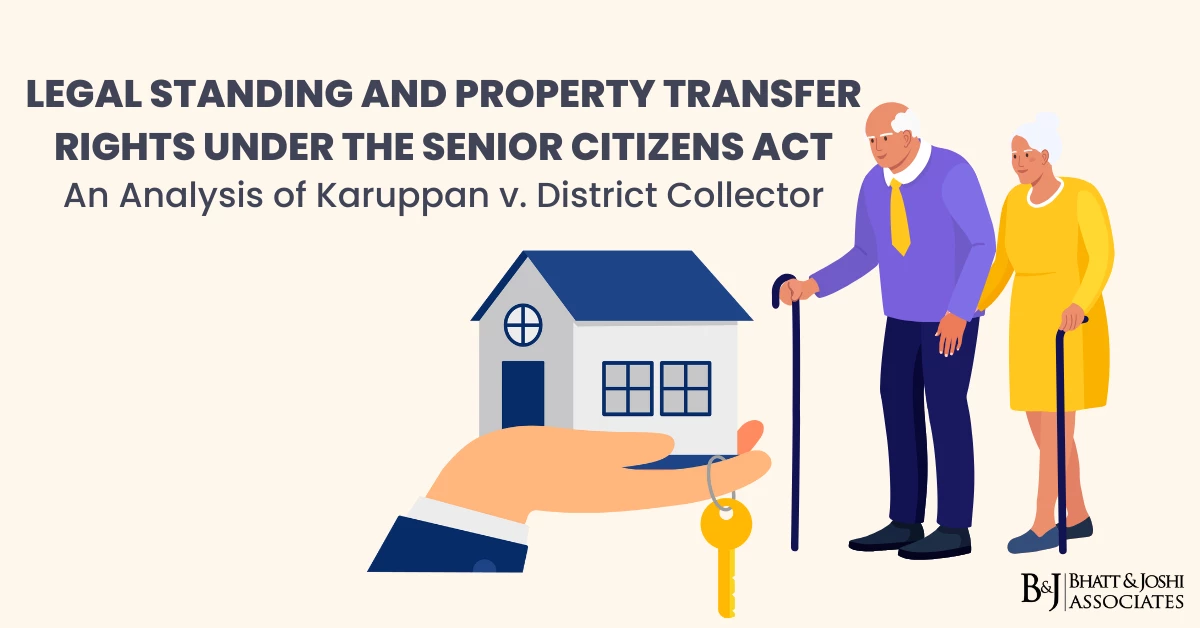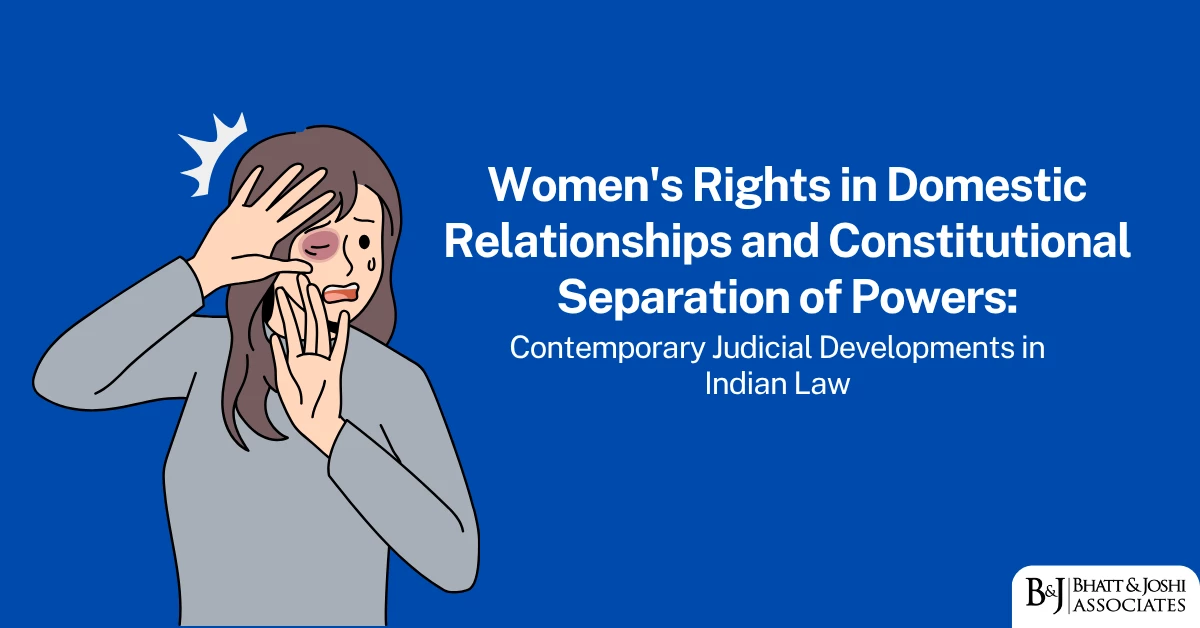What is overseas citizenship of India?
A person who is legally a citizen of another nation but has Indian ancestry is known as an Overseas Citizen of India (OCI). Except for those who are or have been citizens of Pakistan, Bangladesh, or any other nation, they were Indian citizens on January 26, 1950, or thereafter. For whatever length of stay in India, registered overseas Indian citizens are granted a multipurpose, lifetime visa and are also exempt from registration with a foreign regional registration officer or a foreign registration officer.
OCI Card’s definition
The OCI card was launched in 2005 as part of the Citizenship (Amendment) Act to satisfy the desire for dual citizenship among Indians residing in several developed nations. The OCI card grants Overseas Citizenship of India, allowing holders to reside and work in India for an indeterminate amount of time, but it does not grant the ability to exercise one’s right to vote, hold public office, or acquire land.
Overseas Citizen of India (OCI) Card: Requirements
Before applying for the OCI programme, a person must meet the following qualifying requirements:
- He or she is an Indian national who has citizenship in another nation. He/she was an Indian citizen at the time the constitution was enacted or earlier; or
- He or she is a citizen of another nation but was qualified to obtain Indian citizenship at the time the constitution was enacted; or
- He or she is a citizen of another nation and a resident of a region that joined India after August 15, 1947; or
- He/she is the citizen’s kid, grandchild, or great-grandchild; or
- He/she is a small child whose parents are either both citizens of India or just one of them is an Indian citizen.
- is the foreign-born spouse of an Indian national or an OCI cardholder.
Anyone with citizenship in Pakistan or Bangladesh is ineligible to apply for an OCI card. Even those with a history of participating in any foreign armed forces are ineligible for the programme.
OCI cardholder is NOT entitled to:-
- OCI should not be mistaken for “dual citizenship.” OCI does not grant the right to vote in politics;
- to have a seat in the Indian Parliament, a Legislative Council, or a Legislative Assembly;
- to serve in constitutionally mandated positions in India, such as those of President, Vice President, Supreme Court or High Court Judge, etc.;
- Normally, he or she cannot take a position with the government;
- To engage in any type of journalism, mountaineering, or missionary work without first obtaining government approval from India.
- Like any other foreign visitor, an OCI cardholder must have a Protected Area Permit (PAP) or Restricted Area Permit (RAP) before visiting any location that is within one of these zones.
OCI citizens In India and their rights with special reference to Section 125 CrPc.
The issues in Overseas Indian Marriages may take the shape of women being abandoned due to myriads of reasons. The legal problems arising out of such a situation are countless, such as being sent back or forced to flee. Cases of spouses learning later that they were given false information on any or all of the following, including but not limited to: spouse’s job, immigration status, earnings, property, marital status, woman’s husband obtaining an ex-parte decree off divorce in the foreign country behind her back without her knowledge, woman being abandoned in the country with no means of sustenance and escape. OCI personas, women, in the vast majority of cases, repeatedly encounter legal obstacles related to the jurisdiction of courts, service of notices or orders, or enforcement of orders, women being coaxed to travel to the foreign country of the man’s residence, getting married there and later discovering that Indian courts have even more limited jurisdiction on such marriages. The courts in India have accorded various rights to OCI and NRI women in cases over the years.
- In Neerja Saraph vs Jayant Saraph and Anr, the Supreme Court held that:
“Further, the following general rights are also available:
- Right to get orders by Indian courts enforced
- Right to approach the court for an injunction or interim orders against the husband travelling abroad or taking the children abroad (including impounding of passport)
- Right to claim damages through a suit for damages
- Right to claim property shares from husband and in-laws”
- In Michael Graham Prince vs Nisha Misra, it was held that “persons holding Overseas citizen of India cards can seek matrimonial relief against persons holding similar OCI Cards, before the appropriate courts in India.”
In the said case, The Karnataka High Court rejected the petition of an estranged husband who had challenged the decision of a family court in Bangalore to entertain the matrimonial case instituted against him by his estranged wife.
Under the notification dated April 11, 2005, November 5, 2007, and January 5, 2009, issued by the central government under section 7B of the Citizenship Act, in many aspects related to matrimonial disputes, OCI persons are at par with Non-Resident Indians.
- In Muncherji Curestji Khambata v. Jessie Graant Khambata, the Bombay High Court held that in the realm of private international law
“(i) the forms necessary to constitute a valid marriage and the construction of the marriage contract depend on the lex loci contractus,
(ii) on marriage the wife automatically acquires the domicile of her husband.
(iii) the status of the spouses and their rights and obligations arising under the marriage contract are governed by the lex domicilii, that is by the law of the country in which for the time being they are domiciled,
(iv) the rights and obligations of the parties relating to the dissolution of the marriage do not form part of the marriage contract, but arise out of, and are incidental to, such contract and are governed by the lex domicilii. But though these propositions in themselves are not open to question, the application of them and even the meaning of them in some respects are not free from difficulty.”
- In Mohd. Ahmed Khan v. Shah Bano Begum, the court held that Section 125 of the Cri.P.C. can be applied irrespective of citizenship and of personal law of the petitioner husband.
Para 10 of the judgement reads:
“It shows unmistakably that Section 125 Cr.P.C. overrides personal law; if there is any conflict between the two”. Para 11 is also clinching enough in this context. The Supreme Court in this case wanted to set at rest, once and for all, the question of whether Section 125 would prevail over the personal law of the parties in all cases where they are in conflict.”
- In Suresh Narayan Sinha v. Akhauri Balbhadra Prasad Division Bench of the Patna High Court held that it is true that according to the principles of International Law, a court has no jurisdiction to entertain a Suit against a foreigner who does not permanently or temporarily reside within its jurisdiction and who had not submitted to its jurisdiction. But if the legislature confers jurisdiction upon the Court constituted in a particular territory to entertain suit or proceeding against foreigners where the cause of action wholly or partly arises within its jurisdiction, then such Court undoubtedly has jurisdiction if the conditions provided by the law to which it is subject are fulfilled Thus the existing Rule of Private International Law is therefore in this regard subject to Rules of Municipal Law. In this case Sections, 125 and 126 read together do not exclude a foreigner from the purview of statutory law and that being so, even if temporarily there be any conflict in the sense of Private International Law, that is ruled out so as to allow the Municipal Law to have a free play.
Conclusion
It is a well-established position of law, that matrimonial disputes arising out of marriages between OCI persons are well within the jurisdiction of Indian courts, and Indian courts are to take cognizance of the matter and pass appropriate orders in order to protect the interests of women in the institution of marriage, as far as issues such as maintenance, custody and protection is concerned. The position of the law, relating to specific provisions of marriage, arising out of the wedlock between OCI persons is inconclusive thus far. It remains to be seen, on a case-to-case basis, how the courts decide matters wherein specific questions relating to marriage between OCI persons are presented to it.
Written By: Mahrshi Patel, Aryan Singh and Srijan Mishra












